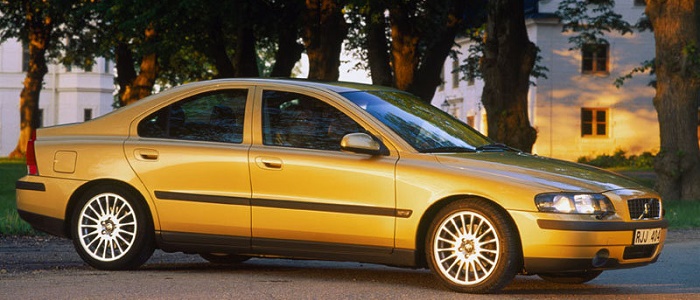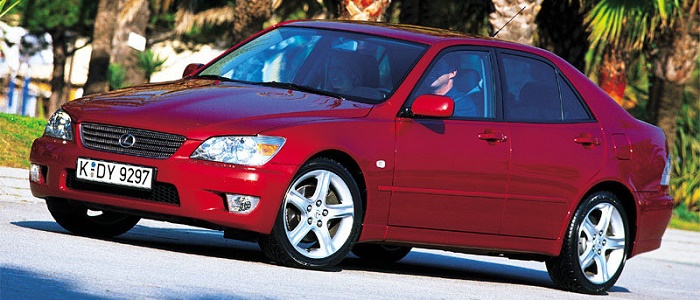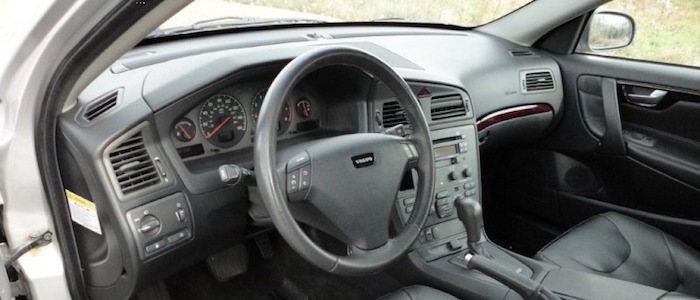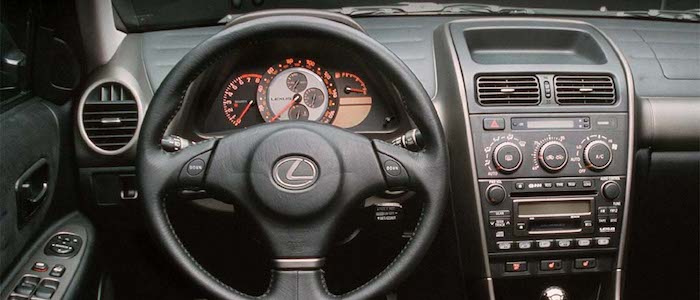Compare two cars
Compare any two cars and get our Virtual Adviser™ opinion
Marketing
Dimensons & Outlines
Engine
Performance (manual gearbox)
Performance (automatic gearbox)
Expenses
Virtual Adviser's™ opinion
Two significantly similar cars, no doubt about that. Still, each one has something different to offer. Having both cars powered by petrol engines and utilizing the 4-door sedan body style within the same 'Large family car' segment, the only major difference here really is their wheel drive configuration (front for the Volvo and rear in the case of the Lexus). The first one has a Volvo-engineered powertrain under the hood, a 5-cylinder, 20-valves 140hp unit, while the other one gets its power and torque from a 6-cylinder, 24-valves 158hp engine designed by Toyota.
SafetyThe fact that the Volvo got tested by the European New Car Assessment Programme (Euro NCAP), while the other contender didn't, offers a slight advantage, as the 4-star rating is better than none. Moving further on, let's take a closer look at some additional safety-related facts. Both vehicles belong to the large family car segment, which is generally a good thing safety-wise, but that fact doesn't break the tie between the two cars. Furthermore, when it comes to weight, a factor that most people underestimate, the Swedish car offers a marginal difference of 7% more metal.
ReliabilityManufacturers have been building their reliability reputation for decades now and, generally speaking, it appears that Lexus does have a slight advantage, at least on all of the models level. That's the official data, while our visitors describe reliability of Volvo with an average rating of 4.6, and models under the Lexus badge with 4.9 out of 5. Some independent research have also placed S60 as average reliability-wise, and IS is more or less at the same level.That apart, owners of different cars powered by the same engine as the Swedish car rank it on average as 5.0, while the one under the competitor's bonnet gets 4.8 out of 5.
Performance & Fuel economyLexus is a bit more agile, reaching 100km/h in 0.7 seconds less than its competitor. In addition to that it accelerates all the way to 215 kilometers per hour, 5km/h more than the other car. When it comes to fuel economy the winner has to be the Swedish car, averaging around 8.9 liters of fuel per 100 kilometers (32 mpg), in combined cycle. We can't ignore that 10% difference compared to the Japanese car.
Verdict
Lexus appears just a bit more reliable, although the difference is truly marginal. The most important thing when deciding between any two vehicles should always be safety, both passive and active. In my opinion, everything taken into account, the Swedish car beats the other contender by far, making it the best choice without even considering other things. From there things take a different direction, with Lexus offering somewhat better performance, just enough to call it quicker. It does come at a cost though, and that's the fuel consumption... All together, there's not much more to say, in this case I wouldn't even consider anything but Volvo. In any case that's my personal view, built upon all the data available to me. What should decide here though is the way you feel about the two vehicles, and I hope you'll find my guidelines useful in the process. I suggest you spend two more minutes in order to find out which car, based on your needs and budget, would be picked by the virtual adviser™, among thousands of similar, yet so different vehicles.
































